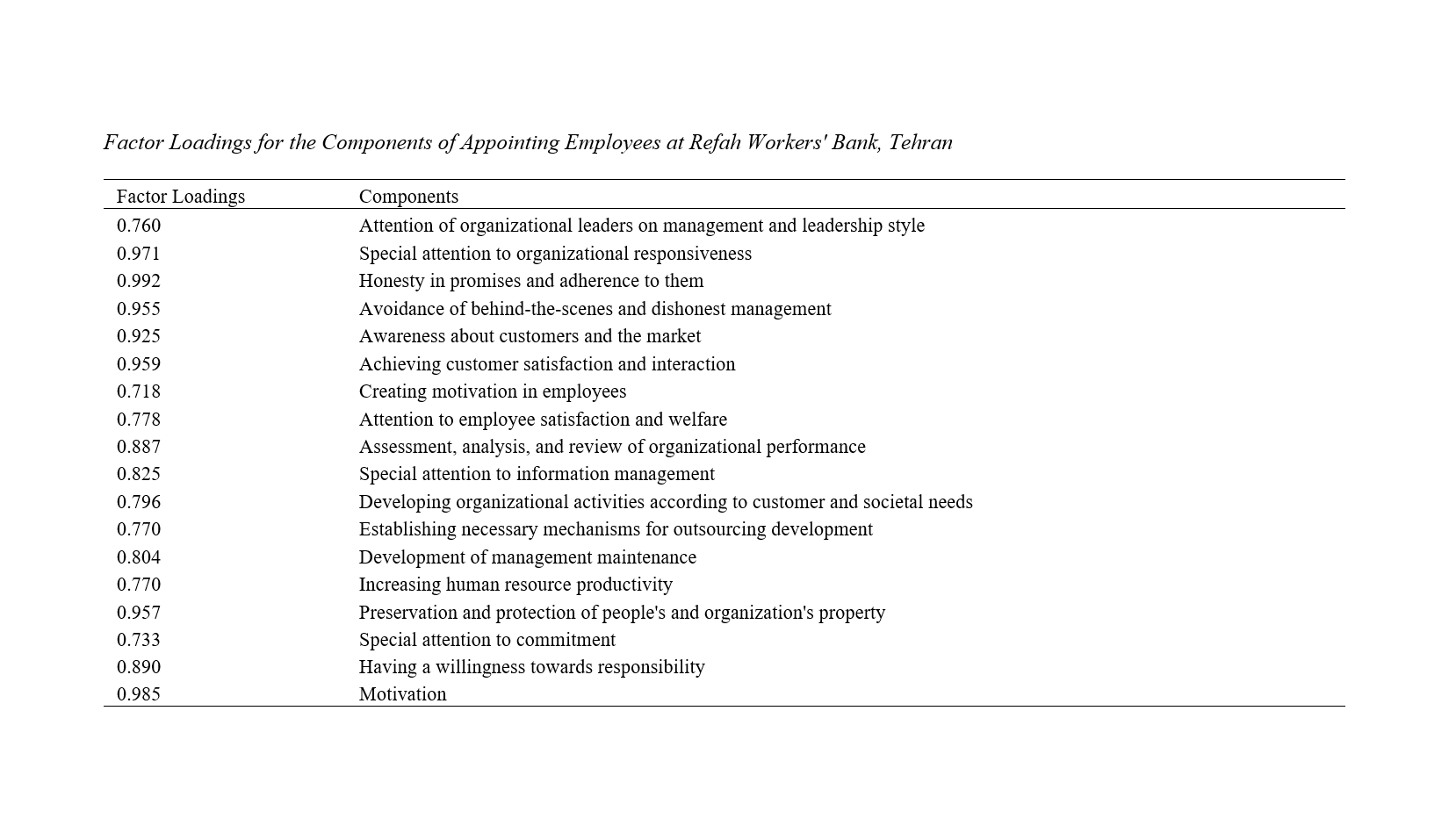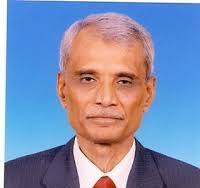Optimal Model for Appointment and Promotion in Public Banks (Case Study: Refah Bank of Tehran Province)
Keywords:
Appointment, Promotion, Banking , Managers, Refah Bank of WorkersAbstract
Objective: Appointments and promotions of human resources in organizations should be conducted with due consideration to the necessary educational and experiential qualifications, following the verification of competencies and successful performance in their previous positions. This study aimed to present an optimal model for the appointment and promotion of managers at Refah Bank in Tehran Province.
Methodology: The current research is an applied study and was conducted within a mixed-methods framework, utilizing thematic analysis in the qualitative section and inferential statistics in the quantitative section. The qualitative section involved 17 experts (CEOs, deputy CEOs, directors, and heads of departments at the central Refah Bank) selected using the snowball sampling method and adhering to the principle of theoretical saturation. In the quantitative section, all branch heads of Refah Bank in Tehran city, numbering 131, were considered, with 98 participants selected using Morgan's table and purposive sampling as the sample members. Data collection tools included semi-structured interviews in the qualitative part and a researcher-constructed valid and reliable questionnaire in the quantitative part. Data from the qualitative interviews were analyzed using MAXQDA software, while data from the questionnaire were analyzed using Smart-Pls software.
Findings: The findings revealed that 34 basic themes, 12 organizing themes, and 4 global themes could contribute to the development of the promotion model and the formation of a thematic network, while 109 basic themes, 33 organizing themes, and 8 global themes were effective in developing the appointment model.
Conclusion: The results showed that the proposed models for employee promotion and appointment were highly suitable. The identified dimensions for developing the promotion model were ranked as follows: 1- Competence and skill enhancement, 2- Educational and research performance, 3- Tenure and records, 4- Job performance. The dimensions of the appointment model were ranked in order of importance as 1- Focus on internal organizational processes, 2- Willingness, 3- Trustworthiness, 4- Integrity and piety, 5- Assessment and analytical power, 6- Focus on employees and customers, 7- Knowledge and capability, 8- Leadership and strategic planning.
Downloads

Downloads
Additional Files
Published
Issue
Section
License
Copyright (c) 2024 Atefe Reisi (Author); Seraj al-Din Mahbibi (Corresponding Author); karamolah Daneshfard (Author)

This work is licensed under a Creative Commons Attribution-NonCommercial 4.0 International License.






















